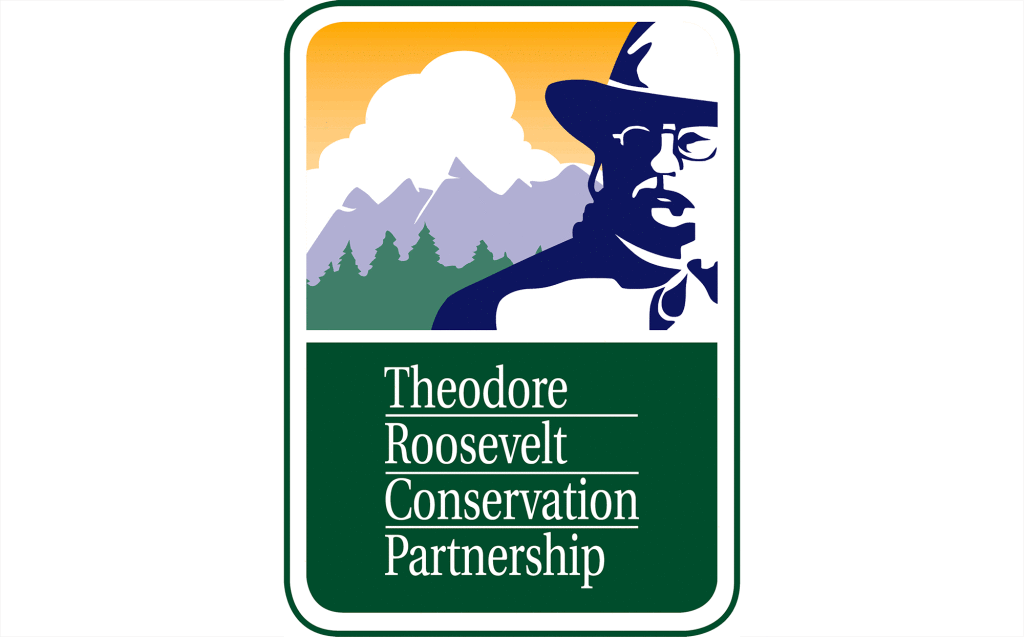Watchdog Report Indicates Checks Were Written But On-Farm Conservation Was Never Verified

USDA’s Inspector General points to botched implementation of compliance checks that ensure real benefits go to fish and wildlife habitat on private lands.
After thousands of hours of work, hundreds of meetings with Congressional staff, and three years of shared effort with colleagues that had become like family, I poured a tall Maker’s Mark when the president signed the 2014 Farm Bill at a special ceremony in Michigan. The law included bipartisan language that extended conservation compliance to the federal crop insurance program, the importance of which would be difficult to overstate. Was it the perfect compliance provision? Honestly, no. But politics is still the art of the possible, and I believe it was the strongest provision possible.
After all of that effort from so many folks, it is more frustrating than usual to hear from the US Department of Agriculture’s (USDA) watchdog agency that the provision the TRCP prioritized over all others has not been implemented with the vigor it requires. This should not only alarm sportsmen-conservationists but also the American taxpayer.
For the uninitiated, conservation compliance can be explained like this: It’s a way for taxpayers to be sure that, in exchange for farm support payments, farmers are meeting a minimal threshold for avoiding environmental harm. Conservation compliance has applied to almost all USDA support programs since 1985, and the 2014 Farm Bill expanded compliance requirements to the federal crop insurance program, which has grown over the years to be the biggest farm support program. Conservation compliance is not onerous for farmers, most of whom have been subject to the requirements for years.
But a report issued in March by the Office of the Inspector General (OIG), which serves as the internal watchdog at the USDA, outlined a serious problem with the enforcement of conservation compliance. Many tracts of land that were subject to compliance were not being included in the random checks performed by the Natural Resources Conservation Service (NRCS). In fact, in 2015, the first year after the new Farm Bill was passed, ten states—including major agricultural hubs like Illinois, Iowa, and Minnesota—had zero tracts subject to random compliance checks. That’s right. Zero. In Iowa!
The report mostly points to a lack of coordination between several USDA agencies, and it cites the need for a “Memorandum of Understanding” between those agencies to ensure a better universe of data and that an actual human being at each agency is held responsible for appropriate implementation. Frankly, these are typical shortcomings of a large bureaucracy that no one would describe as nimble. But what is at stake is critically important: water quality and the health of potentially innumerable wetlands, not to mention the continued defensibility of these financial support programs to the American taxpayer.
But let’s get to the main thrust of the problem: a bureaucratic lack of desire. The USDA is a department that for a hundred years has been in the business of writing checks to producers. Its stock-in-trade is financial incentives that smooth out the inherent risks of agriculture, making life more predictable for American farmers—and that is a laudable thing. This incentive-based business model is why the USDA is still a relatively popular federal entity; as a result, USDA finds it difficult to risk losing the popularity that comes with spreading the wealth. It is nice to be loved.
But the law must be enforced, and the USDA has a responsibility—not just to agricultural producers, but also to the American taxpayers who have invested billions in farmland conservation and expect plentiful clean water in return.
We work hard on Capitol Hill to make sure that the laws passed by Congress aim for the best results possible for fish and wildlife habitat. That can be an all-consuming task. But we cannot forget that the job continues for years after the ink on those laws is dry. For the duration of this five-year Farm Bill, and as we turn our attention to the next one, the TRCP will continue our work; we must close the gaps in compliance enforcement that are unnecessarily costing us our wetlands, water quality, and hard-earned wages.

























